
- Article
- Article
When skin bleaching goes wrong
Warnings about permanent health damage don’t deter those using skin-bleaching products for years on end. Read the story of one woman who suffered from liver failure after years of striving to be paler.
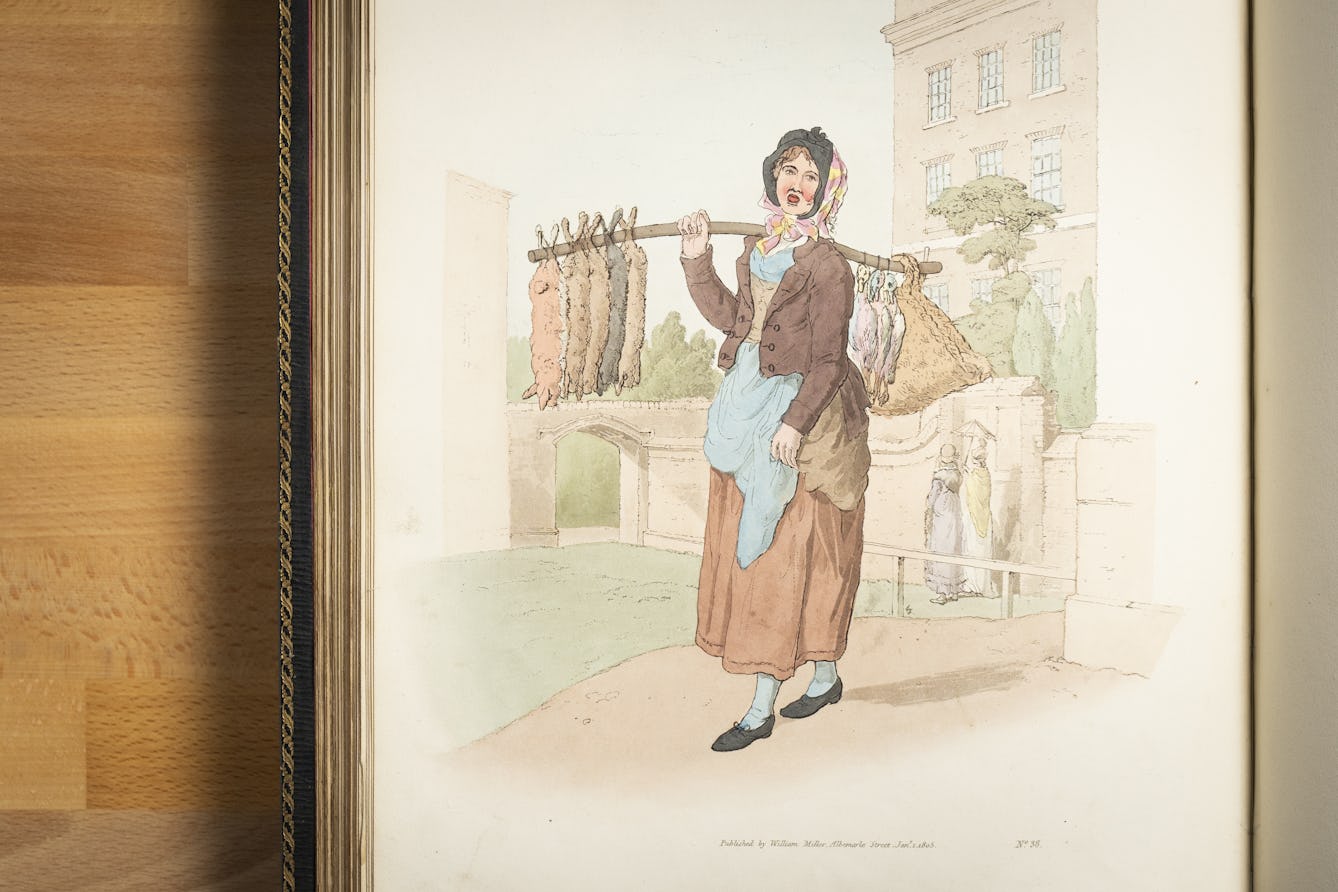
- Article
- Article
The girl with no name
When a now anonymous teenager sold her tooth for transplant, she couldn’t have predicted that she’d end up at the heart of a troubling story about 18th-century beauty ideals.

- Article
- Article
How do advertisers get inside our heads?
Vance Packard exposed techniques of mass manipulation developed by 1950s advertisers that are still at work today in the age of big data.

- Article
- Article
Pain, politics and the power of photography
Art historian Giulia Smith explains what she most admires in the work of Jo Spence and Oreet Ashery, and how their approach makes illness political.

- Article
- Article
Why are women more willing donors than men?
Why is there a gender imbalance when it comes to the donation of organs, blood and tissue, and what can be done about it?
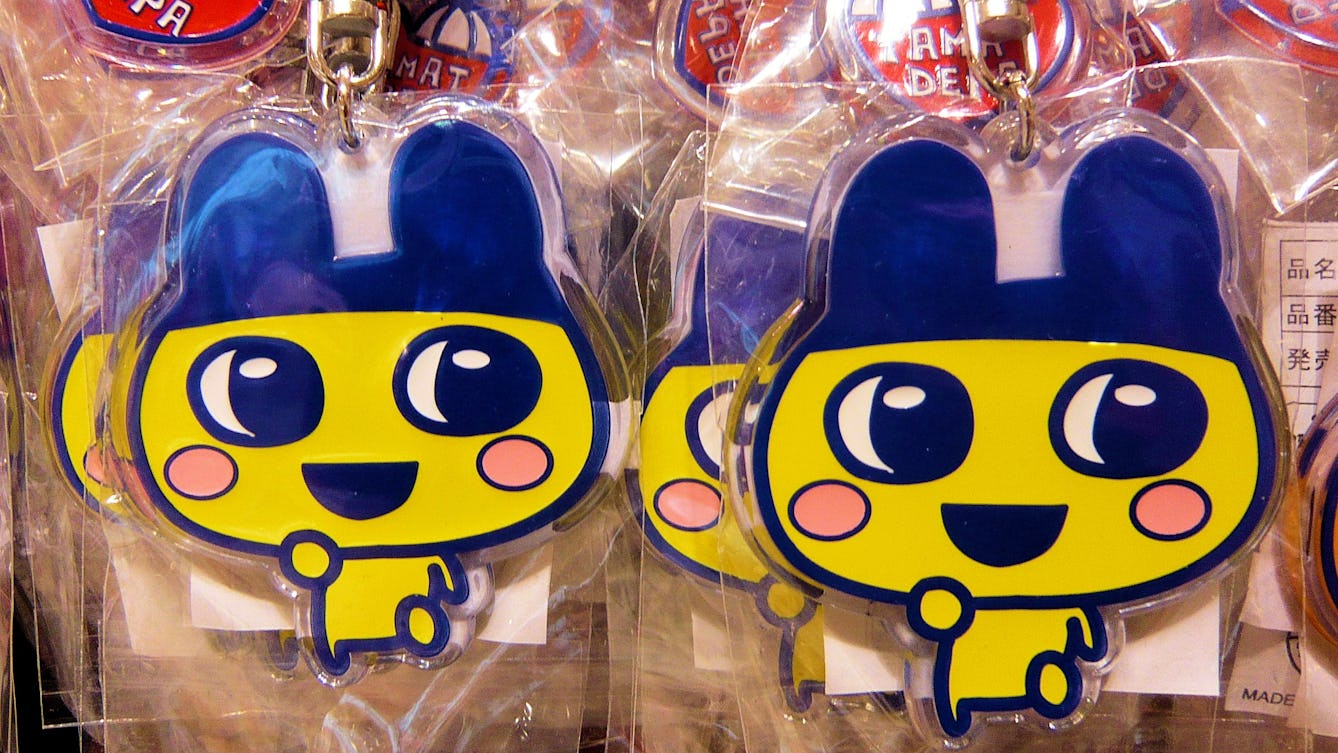
- Article
- Article
The life and death of Tamagotchi and the virtual pet
Discover how the 1990s craze for Tamagotchis became a flood of robotic and virtual pets, sending their owners on an emotional rollercoaster ride.

- Long read
- Long read
Healthy scepticism
Healthcare sceptics – like those opposed to Covid-19 vaccinations – often have serious, nuanced reasons for doubting medical authorities.
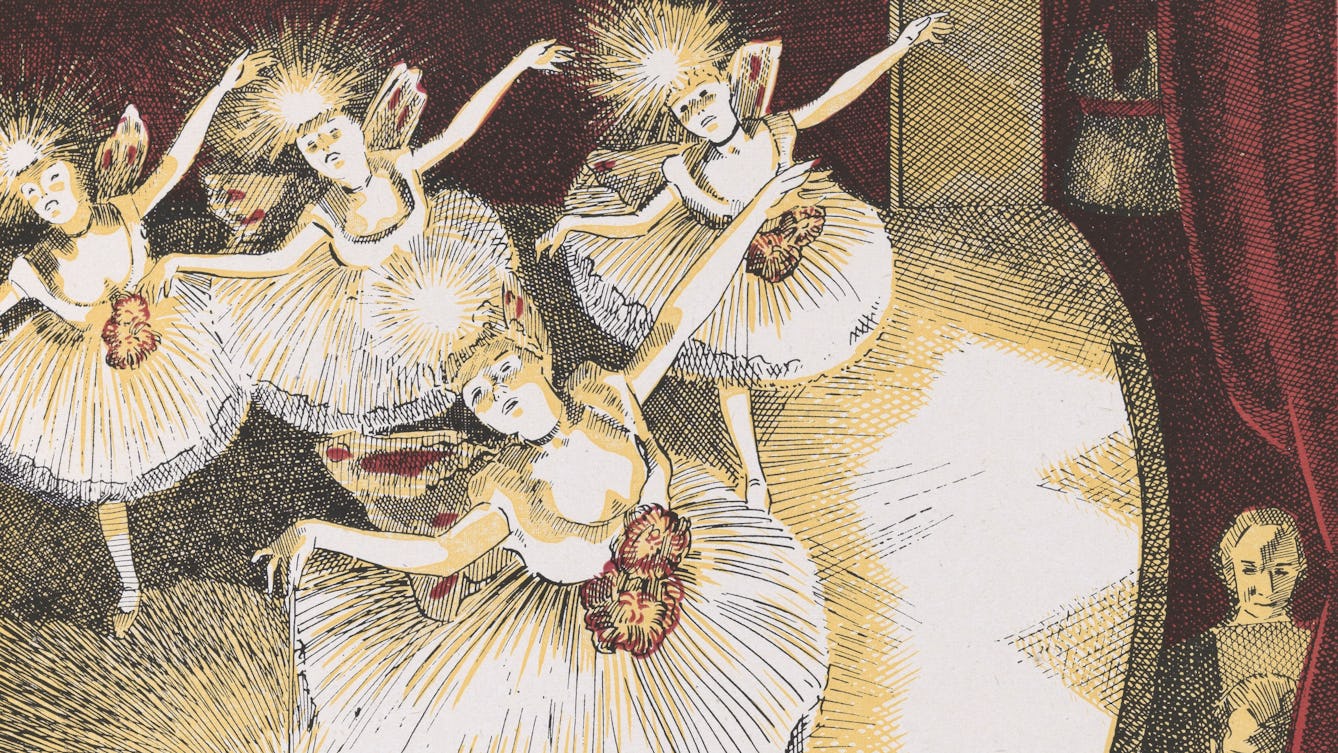
- Article
- Article
Dazzling luxury
As the 20th century dawned, both elite and masses basked in the marvellous and unearthly glow of the new electric illumination.

- Article
- Article
The relationship between science and art
Often seen as opposites, science and art both depend on observation and synthesis.

- Article
- Article
Guerrilla public health
From safe-use guides to needle exchange schemes, Harry Shapiro reflects on 40 years of drug harm reduction in the UK.

- Article
- Article
Why the truth is better than a happy ending
Caroline Butterwick often uses lived experience to inform her journalism, but she’s discovered a tension between the truth and stories that will sell.

- Article
- Article
Trust me, I’m a patient
Artist Rachel Rowan Olive is an expert in the way her mental health condition affects her. Here she explains how it helps if doctors understand that.

- Article
- Article
Writing back to authority
As she cuts up old doctors’ letters and uses them to compose absurd poems, Caroline Butterwick reflects on the catharsis of creation and proposes writing as a way to take back control.

- Article
- Article
Identifying skin lightening agents in cosmetics
Could your moisturiser be damaging your health? If it contains skin-lightening agents, the answer is yes. But this is an area where consumers definitely do not have the upper hand.

- Article
- Article
Why do victims become violent?
Witnessing both overt violence and coercive control can cause invisible harm to children. But preventing them from repeating that behaviour in the future remains a challenge.

- Article
- Article
Butch drag in the builders’ caff
Two men in a café dressed in practical workwear might seem indistinguishable, but closer inspection reveals layers of complex, nuanced identity.
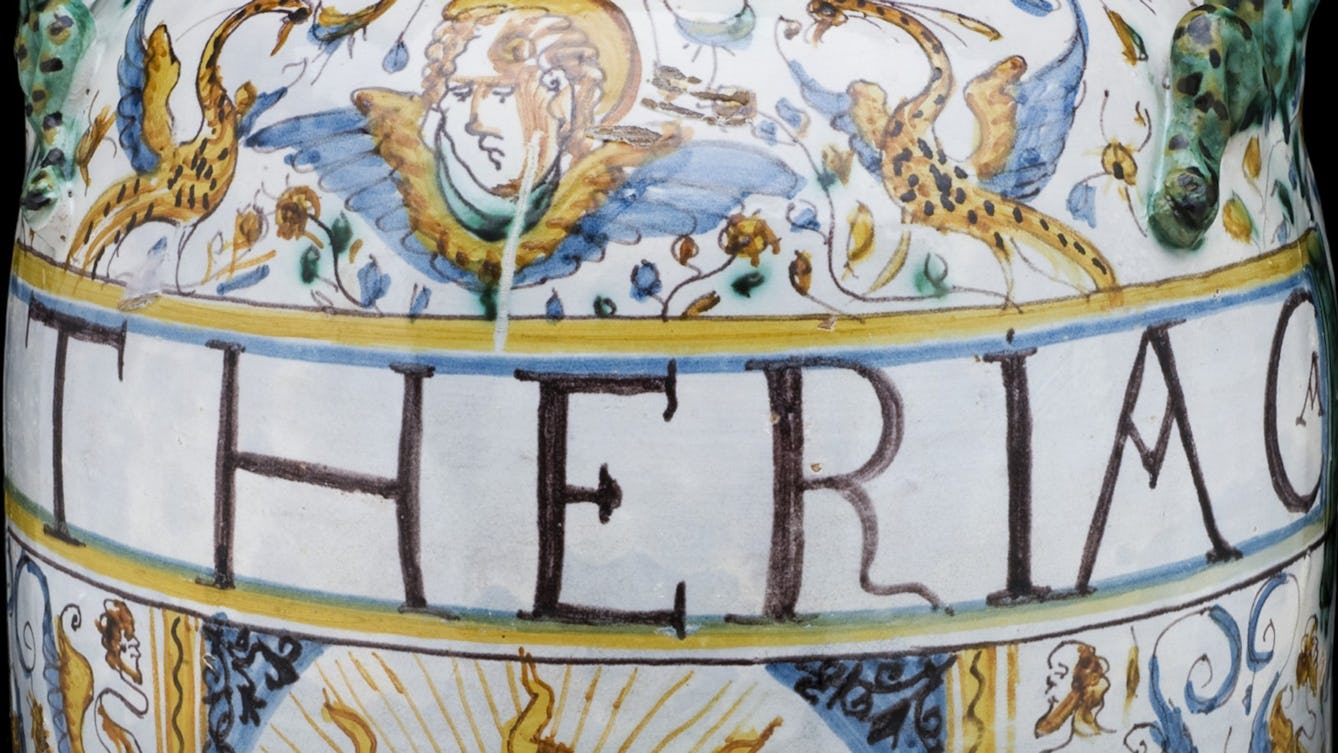
- Article
- Article
Theriac: An ancient brand?
The name theriac survived for around for two millennia as a pharmaceutical term. But a ‘brand’ name is not always a guarantee of quality.

- Article
- Article
Disability, education and prejudice
In the 1960s and 1970s, thalidomide survivors had to fight for a proper education. If they weren’t brought up in institutions, they were often viewed as objects of curiosity, encountering verbal and sometimes physical abuse, both at school and in the world beyond.
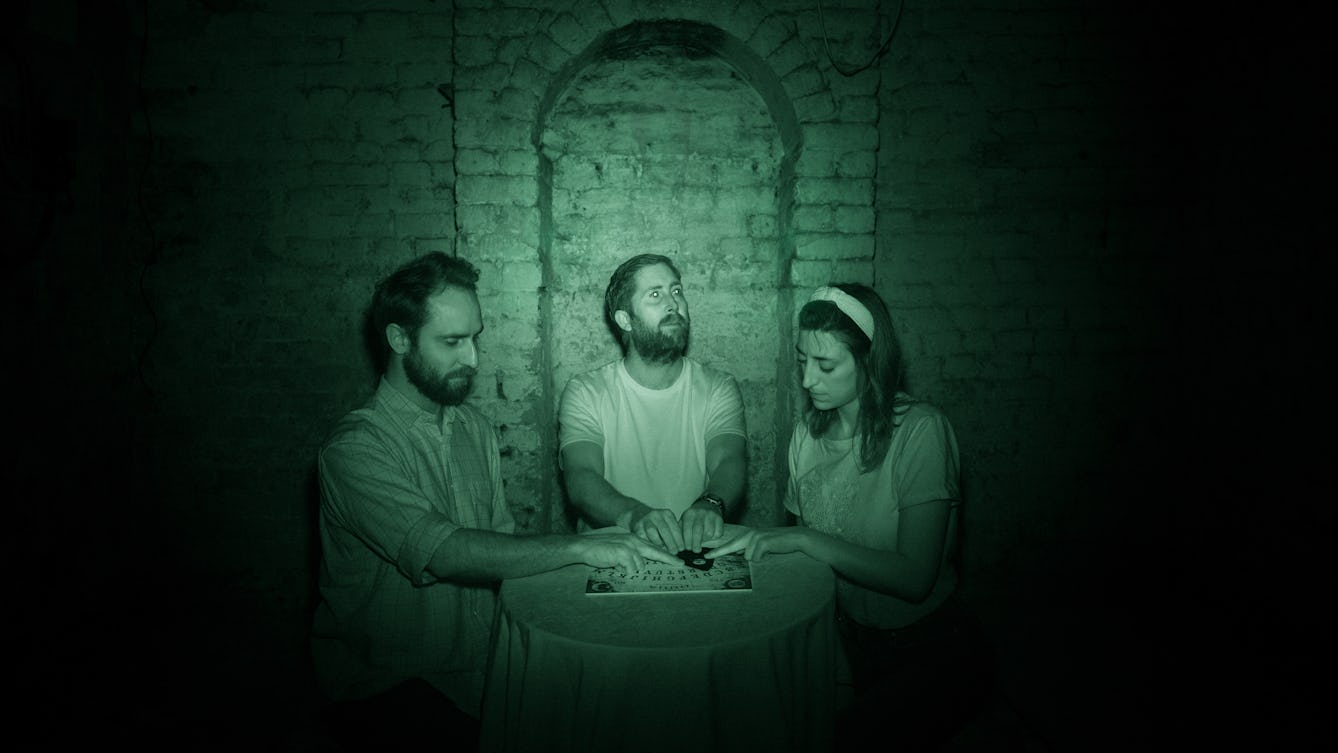
- Book extract
- Book extract
The psychology of Ouija
Explore the science behind table tilting and Ouija boards, and discover how the unscrupulous still make money from exploiting the ‘ideomotor’ effect.

- Article
- Article
The sickness in the wellness industry
In recovery from anorexia, Gwen Smith began to realise how the wellness industry needs its followers to feel bad about themselves in order to make money out them.
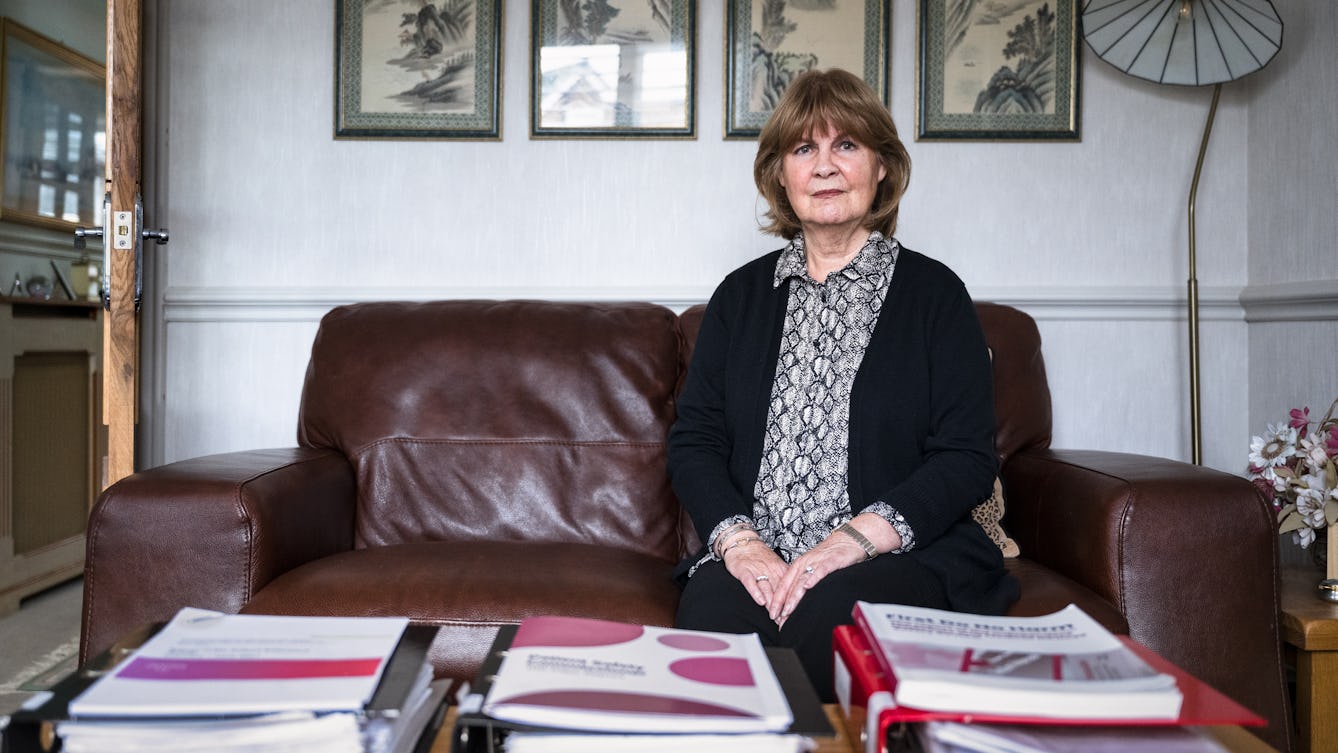
- Long read
- Long read
Primodos, paternalism and the fight to be heard
Journalist Florence Wildblood examines the case of Primodos – a conveniently quick but risky hormone pregnancy test that was prescribed in the 1960s and ’70s – and profiles two women at the story’s shocking heart.

- Article
- Article
Keeping death close
Scattering her father’s ashes, Lauren Entwistle found herself longing for something physical that proved he once was a living, breathing person. Here she reflects on the objects that help us to grieve and remember.
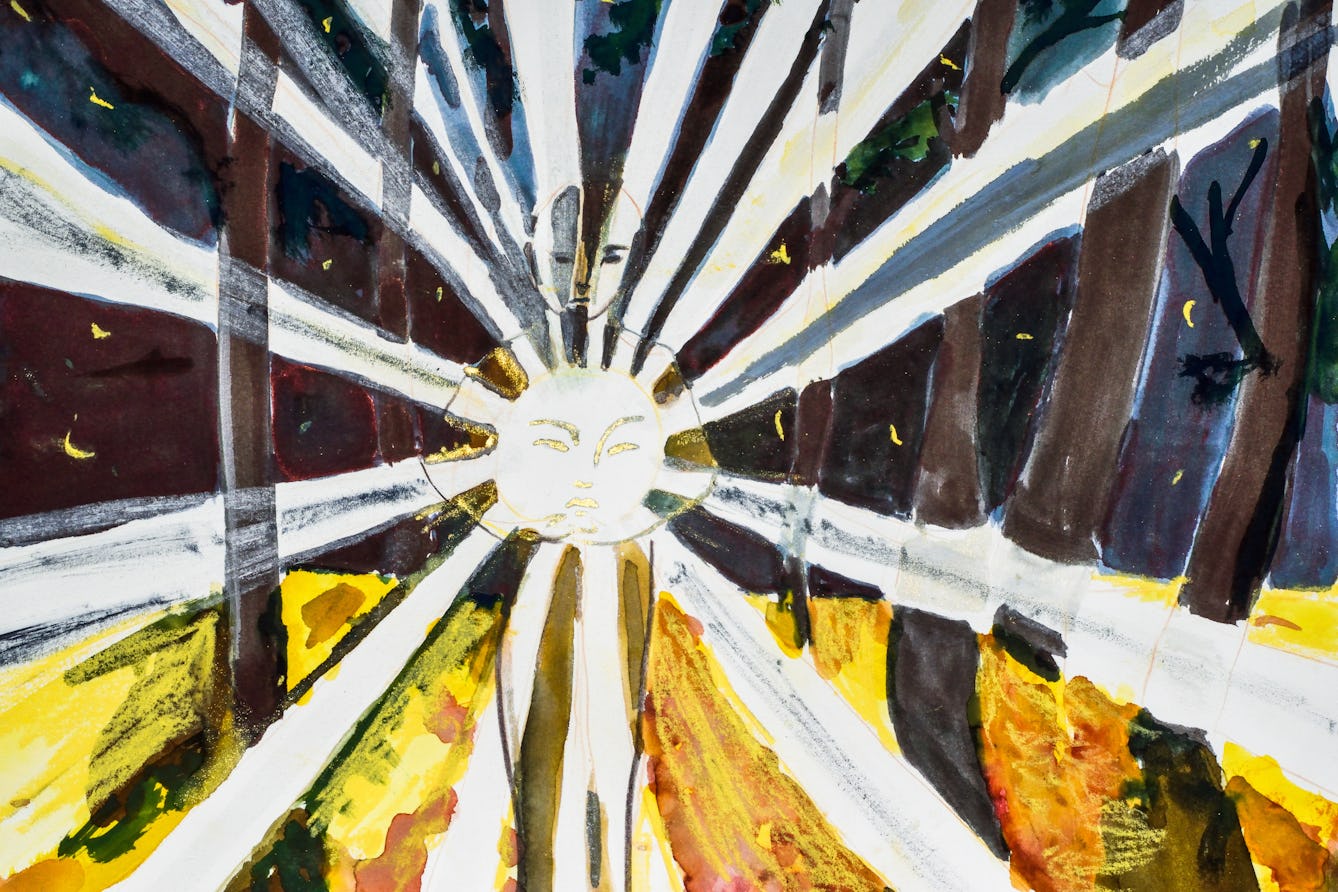
- Article
- Article
To write in golden photographs
When Rachel Genn’s brother disappeared, a newspaper article led the family to his bedside. But the accident he’d barely survived was not to be the last tragedy in his life.

- Article
- Article
Conflicted and confused about lithium
Covid-19 left Laura Grace Simpkins out of work and living back with her parents. She now had time to restart her research into her medication, but was she mad to continue?

- Article
- Article
The catharsis of cringe
Watching cringe comedy can be therapeutic. Find out why some of us are drawn to the build-up of stress in shows like ‘Frasier’ and ‘The Office’.